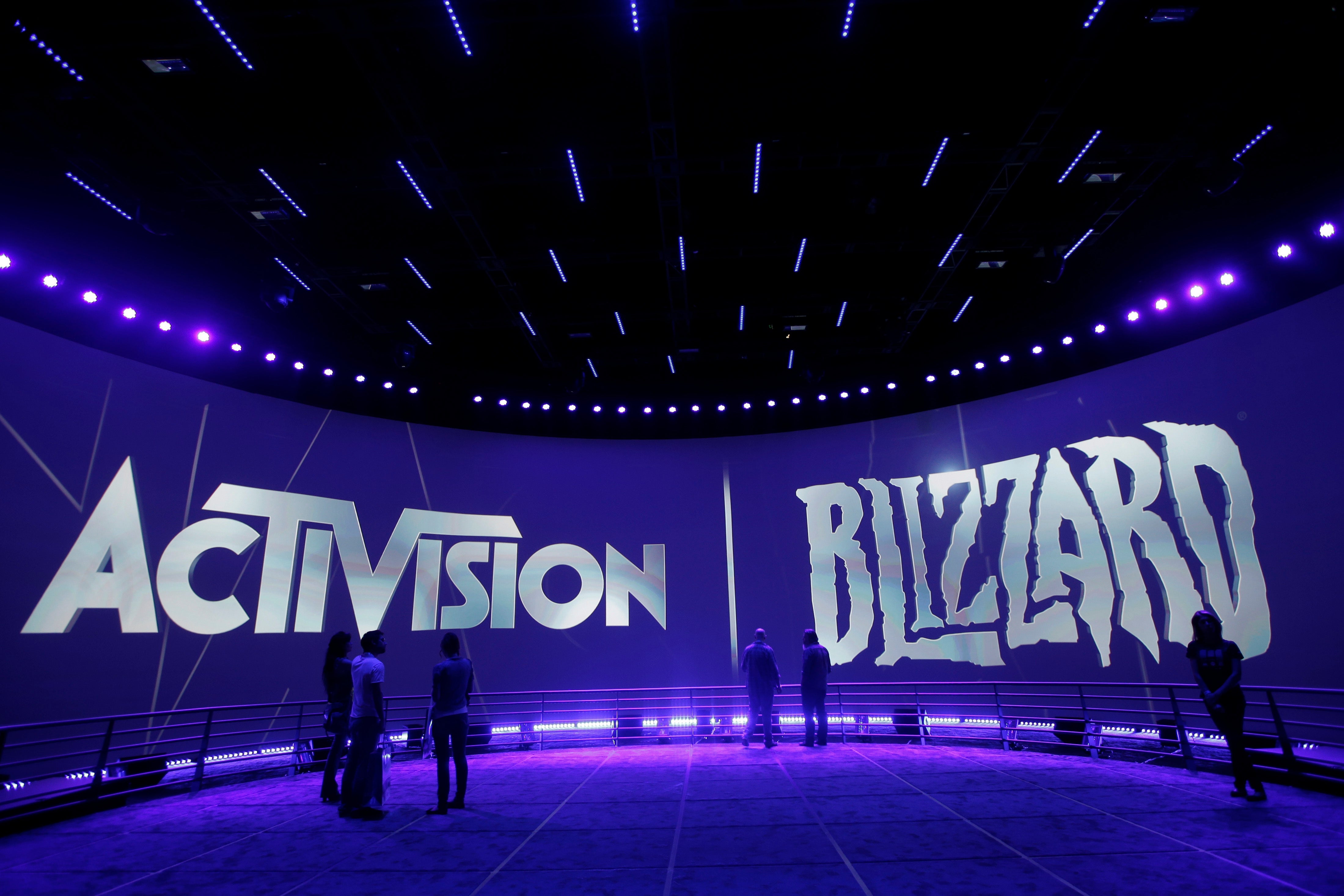Microsoft is working on ‘universal Xbox store’ to compete with Apple and Google
The company’s plan has been detailed in filings as its purchase of Activision Blizzard is being investigated

Microsoft is building a ‘Universal Store’ that will extend the Xbox storefront across non-Xbox platforms and devices.
The company’s plan has been detailed in filings made with the Competition and Markets Authority (CMA), which is currently investigating the company’s $68.7 billion acquisition of Activision Blizzard.
“The transaction will improve Microsoft’s ability to create a next generation game store which operates across a range of devices, including mobile as a result of the addition of Activision Blizzard’s content. Building on Activision Blizzard’s existing communities of gamers, Xbox will seek to scale the Xbox Store to mobile, attracting gamers to a new Xbox Mobile Platform”, Microsoft wrote.
“Shifting consumers away from the Google Play Store and App Store on mobile devices will, however, require a major shift in consumer behavior. Microsoft hopes that by offering well-known and popular content, gamers will be more inclined to try something new.”
Microsoft also reportedly intends to move more into mobile gaming – something it says is worth $85 billion currently. “Microsoft currently has no meaningful presence in mobile gaming and the Transaction will bring much needed expertise in mobile game development, marketing and advertising. Activision Blizzard will be able to contribute its learnings from developing and publishing mobile games to Xbox gaming studios,” it said, using “the King division and titles such as Call of Duty: Mobile”.
It is unlikely that a universal store would be viable on Apple’s iPhones. Apple blocks third-party apps on iOS, signified by their win in the trial with Epic Games, and as seems unlikely to change its policy when the company can continue to take lucrative fees through its own App Store.
Android, however, does support third-party stores and Microsoft’s Xbox Cloud Gaming platform, which lets users buy and stream games via the cloud, has been developing on phones and tablets since its launch.
Microsoft has made moves to allow other app stores on its own platforms, allowing the Amazon App Store on Windows 11 computers to run Android apps, for example.
In February, it also announced a set of best practices called the Open App Store Principles for its Windows app store, which included pledges that Microsoft would not rank its own apps over competitors and would hold its own apps to the same standards as third-party apps.
Microsoft also said that it would not force developers to use Microsoft’s payment system for in-app purchases, but the current Xbox store does not follow this principle – which affects how much developers make from the sale of games. “We’re committed to closing the gap on the remaining principles over time,” the company said, and will apply them to “the next-generation marketplaces we will build for games.”
During the Epic v Apple trial, Microsoft said that the closed ecosystem is necessary on Xbox for financial reasons. “Gaming consoles, specifically, are sold to gamers at a loss to establish a robust and viable ecosystem for game developers. The costs are recovered later through revenue earned in the dedicated console store,” it said.
However, Microsoft appears to be moving away from the console altogether. In June, Xbox announced that it will be making streaming sticks that would allow gamers to play “on any TV or monitor”, as well as “working with global TV manufacturers to embed the Xbox experience directly into internet-connected televisions with no extra hardware required except a controller.”
Join our commenting forum
Join thought-provoking conversations, follow other Independent readers and see their replies
Comments
Bookmark popover
Removed from bookmarks